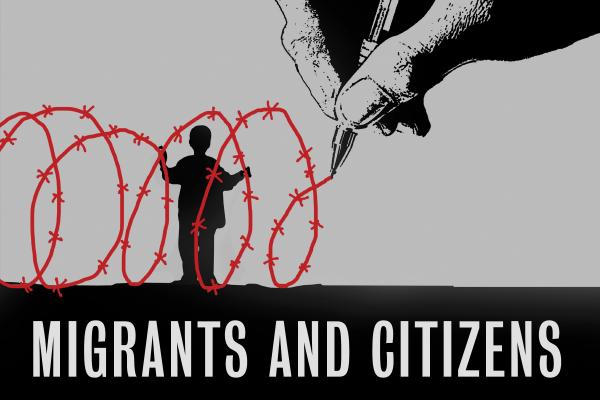Tisha M. Rajendra discusses her new book, Migrants and Citizens: Justice and Responsibility in the Ethics of Immigration (Eerdmans), with Sojourners senior associate editor Julie Polter.
Read the Full Article

Already a subscriber? Login
Tisha M. Rajendra discusses her new book, Migrants and Citizens: Justice and Responsibility in the Ethics of Immigration (Eerdmans), with Sojourners senior associate editor Julie Polter.

Tisha M. Rajendra discusses her new book, Migrants and Citizens: Justice and Responsibility in the Ethics of Immigration (Eerdmans), with Sojourners senior associate editor Julie Polter.
